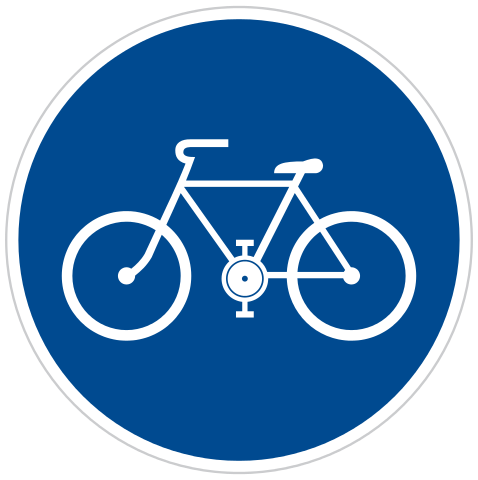Ignoring that my country doesn’t allow Idaho Stops, or that my Provincial Government wants to actively kill cyclists by removing safe cycling infrastructure, I’ve always wondered if there’s a reason why cyclists aren’t allowed to simply ride through an intersection like the one in the photo.
I’m talking about the right side, where the bike lane could extend through the intersection without interfering with other vehicles, including those that are turning left.
This would not only keep those stops safer (clears the cyclist out of the intersection), but would just make sense from a transportation efficiency standpoint.
Is there something I’m missing, or do cyclists have to stop only because motorists would take a tantrum if they weren’t required to?


Perhaps it should be allowed! Cars already treat stop signs as yields (“California Roll” is the car corollary to the “Idaho Stop”). Why would you stop if the car behind you isn’t planning to? (I’d love to see motorbike studies on this; please link me to some if you know any.)
Studies have shown that cyclists treating stop signs as yield signs leads to fewer accidents, both with cars and pedestrians.
Yielding also decreases time spent in the intersection. You have a motor underneath you. Cyclists don’t. Clearing the intersection quickly prevents cross-traffic from splatting you. That’s why slowing down, checking for traffic, but not stopping is so important for momentum vehicles.
The NHTSA (the US road safety org for my Canadian friends) has a good two-pager overview. It’s a good place to start if you’re still curious about the reasoning behind the Idaho stop.